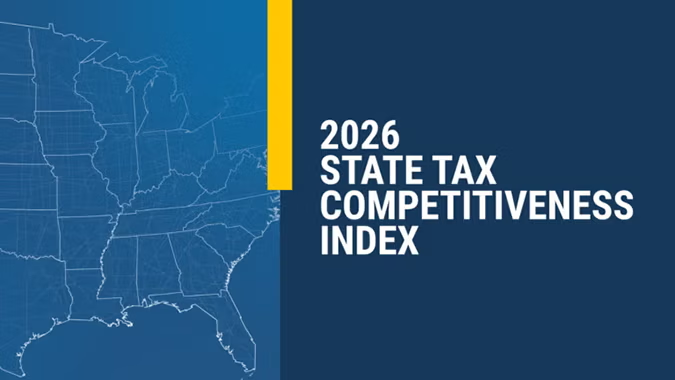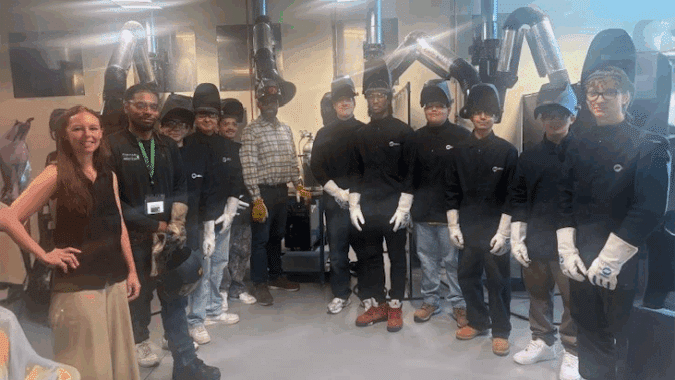The Cannabis Regulatory Commission, which is implementing the state’s new personal-use marijuana law, issued its first regulations last week without setting standards for the “workplace impairment recognition experts” (WIREs) that businesses are supposed to use as part of their drug-testing procedures.
NJBIA Vice President of Government Affairs Ray Cantor said Monday this means that, for now at least, businesses can continue to rely on drug test results alone to determine if an employee is impaired on the job.
“Until the commission does something on WIREs, businesses should continue using drug tests without the need for a physical examination by a workplace impairment recognition expert,” Cantor said.
Although the legalization of cannabis gave employers the right to maintain drug-free workplaces and ban the use of marijuana on the job, it significantly limited their ability to enforce that, Cantor said. Before the law was enacted employers, especially those in safety-sensitive occupations, required that no cannabis be detected in a drug test to ensure that employees are not impaired while working.
However, since drug tests can detect cannabis in a person’s body for days after use, making it difficult to know if the person was impaired on the job when the test was taken, the cannabis legalization law had required employers to supplement a positive test with the findings of a “certified workplace impairment recognition expert.” The law left it up to the commission to issue the appropriate regulations on WIREs.
Cantor said WIREs are much less reliable than a zero-tolerance drug-testing policy and of questionable legality if challenged in court.
“NJBIA respects the will of the voters to legalize cannabis and welcomes the cannabis industry to this state,” Cantor said. “However, maintaining workplace safety and ensuring businesses have the tools they need to protect both the public and the workplace must be paramount,” Cantor said.




